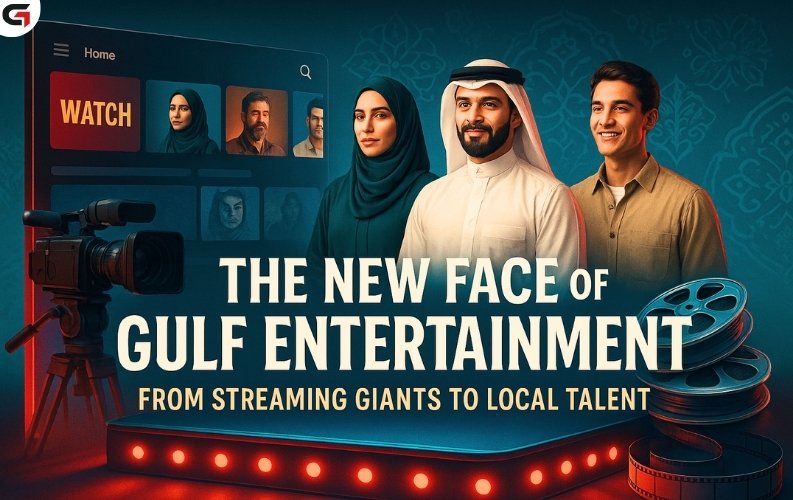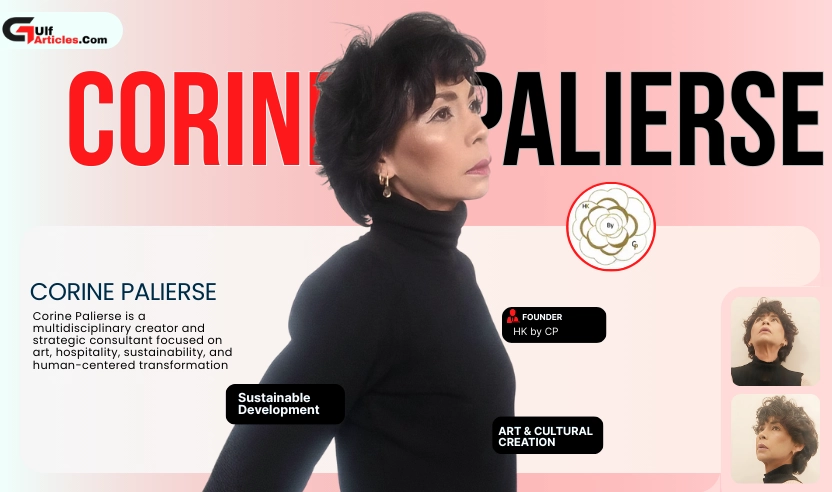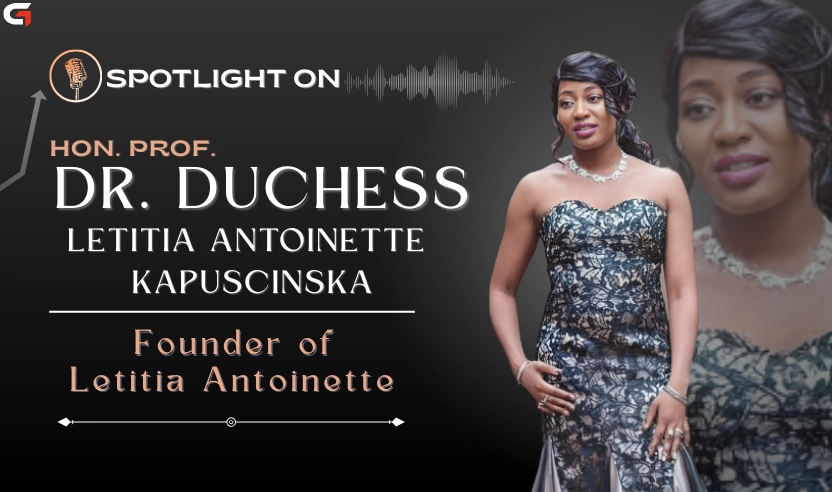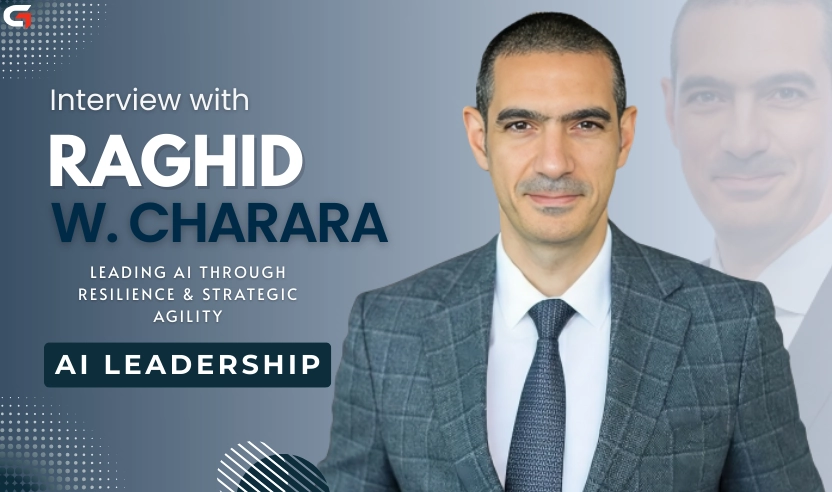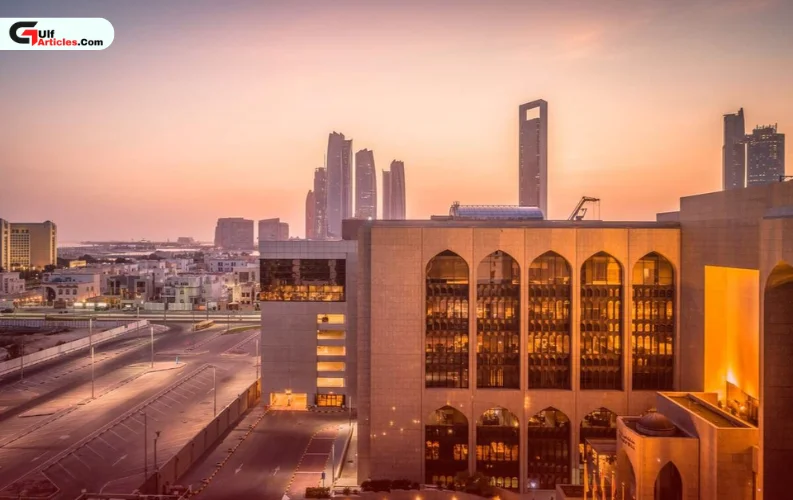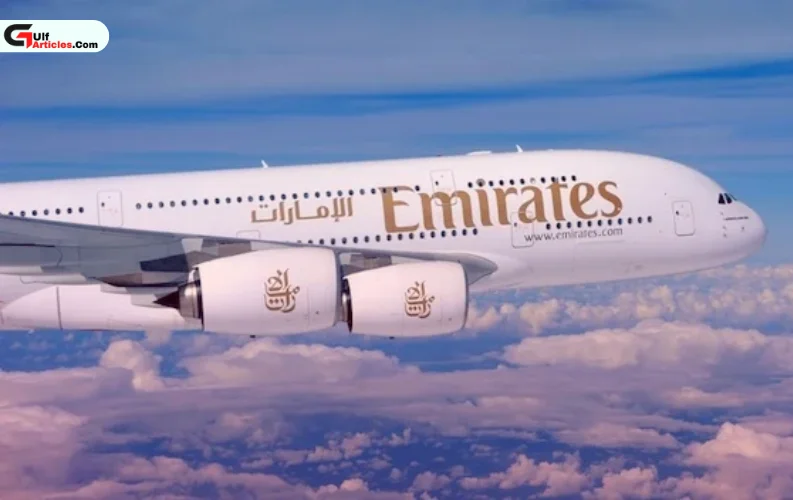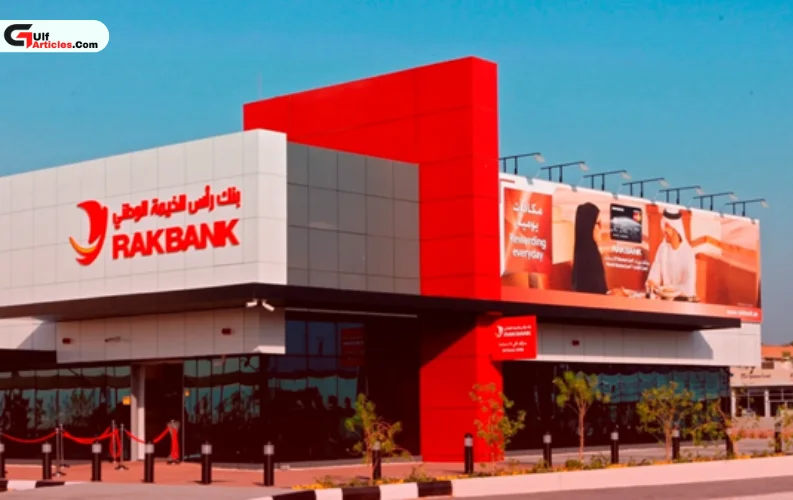In the last few years, the entertainment landscape in the Gulf has undergone a quiet yet undeniable transformation. What once leaned heavily on imported content, whether from Hollywood, Bollywood, or Turkish television, has gradually given way to homegrown talent, original Arabic storytelling, and regional streaming platforms that now stand toe-to-toe with international giants.
Across Saudi Arabia, the UAE, Qatar, Kuwait, and Bahrain, audiences are increasingly turning to content that reflects their language, values, and social realities. And for the first time, Gulf creators are finding the tools, the platforms, and the audiences to tell stories on their own terms. At the intersection of technology, creativity, and cultural pride lies a growing industry that is rewriting the rules of engagement in entertainment.
Streaming Platforms Lead the Digital Shift
The explosion of streaming technology has created opportunities that were unthinkable just a decade ago. As Gulf countries adopted high-speed internet infrastructure and mobile technology, audiences began to shift away from traditional TV. They wanted flexibility, diverse genres, and, most importantly, stories that felt relevant to their own lives.
Enter platforms like:
-
Shahid VIP (by MBC Group):
Based in the UAE and Saudi Arabia, this has become the largest Arabic streaming platform, offering a blend of original Arabic series, international blockbusters, and premium subscriptions tailored to Arab viewers. -
StarzPlay Arabia:
With headquarters in Dubai, StarzPlay has grown rapidly across the MENA region, offering a mix of Hollywood and local productions, as well as exclusive regional shows. -
Watch It (Egypt-based, GCC presence):
Initially an Egyptian venture, this platform has found a growing audience across Gulf countries due to its extensive Arabic content library and collaborations with Gulf producers.
These platforms do more than stream content, they invest in it. Shahid, for instance, has partnered with regional directors, writers, and actors to produce shows that dive deep into Saudi youth culture, Gulf family dynamics, and social challenges.
Explore More:- The Magic of Christmas: Traditions, Celebrations, and Joy Around the World
Local Content: Real Stories, Real Voices
What’s most notable in this evolution is the move away from stories told about the Arab world by outsiders, and toward narratives built by people within the culture. Viewers across the Gulf are finding that they no longer have to compromise on representation.
Shows like:
-
“Takki” (Saudi Arabia):
A drama series exploring urban youth, generational gaps, and social expectations in Jeddah. Created by a local filmmaker, it was first released on YouTube before being picked up by Netflix. -
“Al Mirath” (Saudi Arabia):
A long-running family soap opera produced with high production values, reflecting the daily struggles of family, loyalty, and tradition in Saudi life. -
“Qalbeet” (Kuwait):
An indie drama praised for its authentic portrayal of Gulf women’s experiences and changing societal roles.
By choosing to tell their own stories, these creators offer something foreign productions rarely can, cultural nuance, linguistic authenticity, and relatability for Gulf viewers.
Why Audiences Are Choosing Local Over Global
Even as Netflix, Amazon Prime Video, and Disney+ expand their footprint in the Middle East, Gulf viewers are increasingly loyal to regional platforms. The reasons include:
-
Cultural Relevance:
Content that speaks their language and reflects shared social values. -
Representation:
Viewers can finally see characters that look, talk, and behave like people in their own lives. -
Convenience:
Platforms like Shahid offer subtitled and dubbed versions, mobile access, and family-oriented subscription models. -
Affordability:
Regional platforms tend to be more competitively priced and offer better bundling with telecom providers. -
Creative Freedom:
More and more creators are discovering that regional platforms offer them space to explore local themes without the filter of Western assumptions or global marketing pressures.
The Role of Government and Policy in Nurturing Talent
None of this would be possible without institutional support. Gulf governments have realized the soft power potential of media and are backing it accordingly.
Saudi Arabia’s Vision 2030 has made entertainment and media one of its economic diversification priorities. Through bodies like the General Commission for Audiovisual Media (GCAM) and Film Commission of Saudi Arabia, content creators now have access to funding, mentorship, and training.
In the UAE, twofour54 Abu Dhabi and Dubai’s Creative Media Authority provide production facilities, tax incentives, and regulatory guidance to help local and international creators succeed.
Qatar’s Doha Film Institute (DFI) continues to be a champion of regional cinema, offering grants, development labs, and hosting key regional film events like Ajyal Youth Film Festival.
Also Read:- 2025 New Year, New Goals: Practical Ways to Achieve Them
Rising Local Talent: A New Generation Steps Forward
What makes this moment particularly powerful is the rise of a confident new generation of Gulf creators. Filmmakers, screenwriters, and actors who trained abroad or within local initiatives are now stepping into the spotlight.
Some of the most promising names include:
-
Haifaa Al-Mansour (Saudi Arabia):
The director of Wadjda, Saudi Arabia’s first film by a female director, and a pioneer in Gulf cinema. -
Mohammed Al-Turki (Saudi Arabia):
Recently appointed CEO of the Red Sea Film Festival, he’s working to bring global attention to Gulf storytelling. -
Nayla Al Khaja (UAE):
A film director and writer known for her unique perspective on Emirati life, currently working on internationally backed projects. -
Farah Al Qasimi (UAE):
A visual artist and filmmaker whose work straddles cinema, photography, and cultural critique.
These individuals and many others are not merely participating, they are shaping the narrative, both within and outside the region.
Challenges That Remain
Despite this momentum, there are still significant hurdles facing Gulf entertainment’s continued rise:
-
Censorship & Cultural Boundaries:
Content creators must still navigate rules on sensitive subjects, which can limit the range of stories told. -
Limited Distribution for Independent Projects:
Smaller films often struggle to reach broader audiences without access to large platforms or cinema chains. -
Training and Mentorship:
While progress has been made, consistent, high-quality training programs for screenwriting, editing, and direction remain sparse. -
Commercial Risk Aversion:
Many local production companies play it safe, avoiding bold or experimental content that might challenge mainstream tastes.
That said, every new production adds momentum. As more successful content is produced and supported, the industry will only become more resilient and self-sustaining.
The Broader Impact: Entertainment as Identity
For the Gulf, investing in entertainment isn’t just about economic returns, it’s about building identity. It’s about shaping how future generations understand themselves and how outsiders perceive the region. The value of having control over your own stories, your voice, your humor, your conflicts, your victories, cannot be overstated.
In a world increasingly shaped by media, entertainment becomes a mirror. And for the Gulf, that mirror is no longer imported. It’s being crafted locally, with clarity, pride, and purpose.
Related Article:- Kickstart 2025: Proven Strategies for Personal and Professional Growth
Conclusion: A Story Just Beginning
The face of entertainment in the Gulf has changed, and it’s still evolving. What started as a market for consumption has turned into a place of vibrant creation. With the combined power of technology, cultural policy, creative talent, and audience demand, the region is writing its own chapter in the global media playbook.
Whether through binge-worthy streaming series or independently made feature films, Gulf storytellers are stepping up, ready to entertain, challenge, and inspire. And perhaps for the first time, the world is watching, not out of curiosity, but out of genuine respect for what’s being created.
You may also like:-



